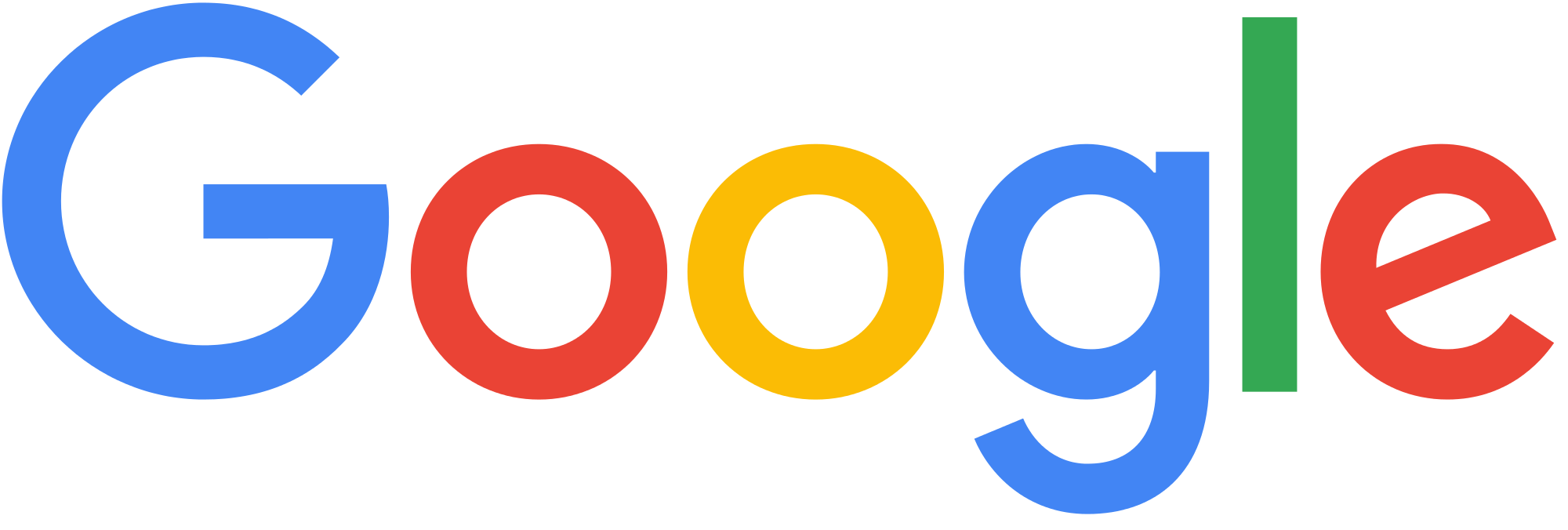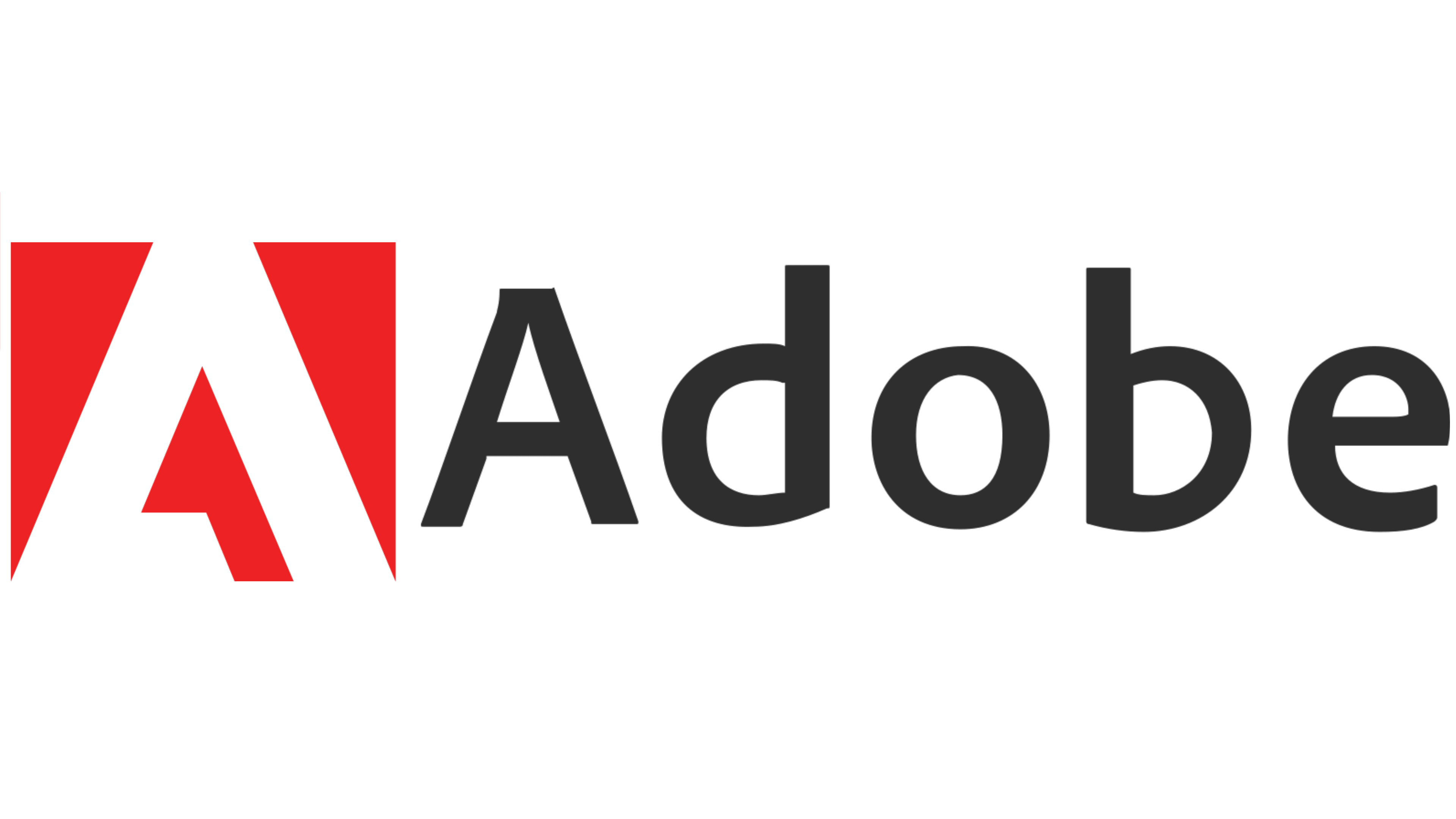Motion is an important cue for many perception tasks from navigation to scene understanding. This workshop will explore various ways of representing and extracting motion information, and provide a venue to exchange ideas about the use of motion in Computer Vision.
We invite paper contributions discussing temporal and motion representations, their applications, evaluation metrics, and benchmarks that will help understand and shape the future of temporal and motion representations and its role in the field of computer vision and other related areas.
The workshop will focus on topics including (but not limited to):
We will accept submissions in two formats:
Accepted papers will be presented as posters/short online presentations, and the authors of the best paper will be invited to give an oral presentation. The workshop website will provide links to the accepted papers. Authors of novel and previously unpublished papers will have the option to have their papers included in the ECCV workshop proceedings.
Papers should be submitted via CMT, at the following URL: https://cmt3.research.microsoft.com/WIMF2022
Dual submission policy: Please do not submit work for peer review to two workshops/conferences simultaneously.
Hybrid workshop, with both in-person and virtual attendance option.
Monday, October 24, 2022. A full-day hybrid workshop.
Location: Royal Ballroom H, Intercontinental David Hotel, Tel Aviv, Israel.
| IDT | CST | EDT | Duration | Description | Speaker | |
| 09:00 | 14:00 | 02:00 | 5 mins | Opening Remarks | Organizers | |
| 09:05 | 14:05 | 02:05 | 30 mins | Invited Speaker 1 | Andrew Owens | |
| 09:35 | 14:35 | 02:35 | 30 mins | Invited Speaker 2 | Jia Deng | |
| 10:05 | 15:05 | 03:05 | 55 mins | Poster Session + Coffee Break | ||
| 11:00 | 16:00 | 04:00 | 30 mins | Invited Speaker 3 | Angjoo Kanawaza | |
| 11:30 | 16:30 | 04:30 | 30 mins | Invited Speaker 4 | Weidi Xie | |
| 12:00 | 15:00 | 05:00 | 15 mins | Spotlight Talks (5 mins each) Tonderski et al. Amir et al. Tchenegnon et al. | ||
| 12:00 | 15:00 | 05:00 | 1 hr | Lunch | ||
| 13:00 | 16:00 | 06:00 | 30 mins | Invited Speaker 5 | Tali Dekel | |
| 13:30 | 16:30 | 06:30 | 1 hr | Poster Session + Break | ||
| 14:30 | 17:30 | 07:30 | 30 mins | Invited Speaker 6 | Dava Ramanan | |
| 15:00 | 18:00 | 08:00 | 30 mins | Invited Speaker 7 | Ce Liu | |
| 15:30 | 18:30 | 08:30 | 1 hr | Panel Discussion | Ce Liu, Weidi Xie, Andrew Owens | |
Best Spotlight: Shir Amir, Tali Dekel, Shai Bagon, Yossi Gandelsman, "On the Effectiveness of ViT Features as Local Semantic Descriptors".
Best Poster: Dawit Mureja Argaw, Junsik Kim, Francois Rameau, Jae Won Cho, In So Kweon, "Optical Flow Estimation from a Single Motion-blurred Image".

